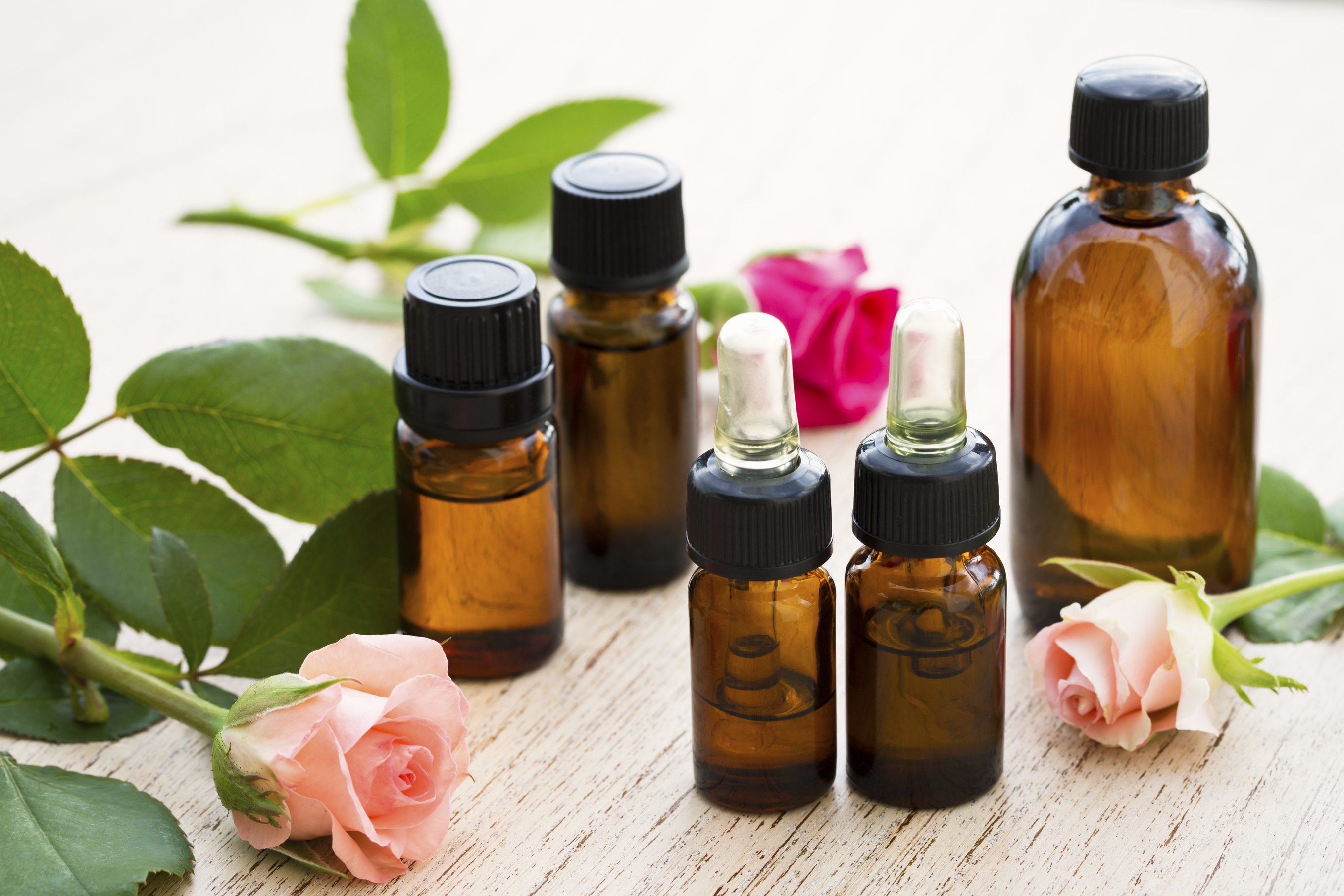Does Aromatherapy Work In Recovery?

A few weeks ago I was the very proud recipient of a spa basket at a raffle. The basket was full of relaxing goodies, including a box of assorted teas. Honestly, I did not think much of the teas, but I was excited to have won anything, so I wanted to make use of it all. I decided to take the box and keep it on my desk to motivate me to drink it more. After all, tea drinking is so heavily encouraged these days. Otherwise, I probably would have forgotten all about it. Truthfully, I am more a coffee gal if I say so myself…
Surprisingly, I have been loving my mid-day tea breaks! I feel like I am in a castle in England or something. Blame it on my overactive imagination. While sipping on my tea, I like to take a minute between sips and smell the aroma that fumes out of my cup. I have noticed it does relax my mood in the midst of a busy day. The whole thing had me wondering about aromatherapy. With this tea-smelling ritual boosting my mood, there has to be some validity to aromatherapy right? Aromatherapy uses essential oils, not tea so that it would be considerably more potent. Moreover, if it does work, could those in recovery find some benefit from it?
In my research, I discovered that aromatherapy had been practiced for centuries by a diverse amount of cultures around the world. There are so many ways of practicing aromatherapy and even if one way is not successful, you can try another method until you achieve optimum results.
What is Aromatherapy?
Today, aromatherapy is defined as a type of alternative medicine or holistic treatment that involves using various plant materials and aromatic ingredients to produce scents that are believed to benefit mental, physical and spiritual health. Individuals benefit from these mixtures through inhaling them.
Aromatherapy uses essential oils usually obtained through distillation. Distillation is the method of separating the mixtures that involve boiling. The essential oils created by this process are not only used for aromatherapy; they are also found in cosmetics and even food. One essential oil can have a hundred different compounds inside of it.
Recovering from addiction to drugs or alcohol can be a challenge at first. The good news is that on top of a proper treatment program, holistic treatments like aromatherapy can help make the process easier. Any discomfort felt in the recovery process are worth it because you are acquiring a new way of living. Still, it is possible to minimize these discomforts. One of the ways suggested is through alternative therapies like aromatherapy.
How Does the Stuff Work?
Aromatherapy is not backed sufficiently by scientific studies. Most of the benefits of aromatherapy were shown to be short-term. There is evidence indicating that scents like lavender do have a calming effect and some products have been shown to lift the mood.
Rachel Herz, a psychologist, and author of The Scent of Desire: Discovering Our Enigmatic Sense of Smell concluded that scents have an impact on people’s emotion, and they can be used to lift the mood. It is advised never to use aromatherapy as a replacement for medical treatment. Aromatherapy is a type of holistic treatment used to enhance your wellbeing.
Aromatherapy for People in Recovery
While aromatherapy cannot be used to treat addiction alone, the compounds can help people recovering from addiction offset some of the side effects of their drug use such as mood swings, irritability, fatigue, and insomnia.
- Relaxation: Those in recovery may find the early stages to be a bit overwhelming at times. Essential oils like lavender and chamomile can help with relaxation.
Try: Chamomile, Ylang Ylang, and dill oil. - Mental Clarity: Complaints of “fuzzy brain” are common complaints in early recovery. This can occur in the initial withdrawals or post-acute withdrawal symptoms (PAWS). Certain essential oils help with regaining clarity.
Try: dill and eucalyptus oil. - Insomnia: In the early stages of recovery, many find difficulty sleeping. Essential oils in the evening help to establish a routine and prepare the mind for sleep.
Try: Lavender, clary sage, and chamomile oils. - Depression: Aromatherapy has been used to alleviate depression. Many people find that essential oils help in falling deeper into a meditative state.
Try: Rosemary, Bergamot, and Jasmine oil. - Nausea and Discomfort: Aromatherapy can help with symptoms such as body discomfort and nausea.
Try: Peppermint and Eucalyptus oils. - Fatigue: Aromatherapy is usually associated with relaxation, but certain scents can help boost energy and opening up airways.
Try: Lemon, Ginger, and pine oil.
Aromatherapy is generally considered safe, but there are things worth considering before using. Make sure you understand all the benefits and consideration before using aromatherapy. The cost fo essential oils vary, so it is best to shop around. Some even make the oils on their own.
Aromatherapy is a fairly safe addition to your recovery program and is worth a shot. Who knows? You may find adding aromatherapy to your routine to be the perfect addition to your recovery plan. If you are struggling with getting on the right path, give us a call. We are here to give you the best tools for success. If you or someone you love is struggling with substance abuse or addiction, please call toll-free 1-800-777-9588.
Author: Shernide Delva
